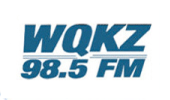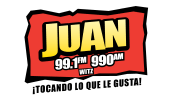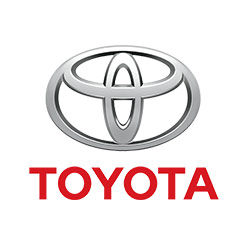 WITZ Banner ad 2020 2_18_2020.jpg
WITZ Banner ad 2020 2_18_2020.jpg
Saint Meinrad receives Science for Seminaries grant
Saint Meinrad Seminary and School of Theology plans to incorporate science into its theology coursework as a participant in the American Association for the Advancement of Science’s (AAAS) Science for Seminaries project.
Saint Meinrad, located in St. Meinrad, IN, is one of eight U.S. seminaries awarded a grant in 2021. The new institutions bring the total number of seminaries that have participated to 42, reaching thousands of seminary students since the project’s launch in 2014.
Saint Meinrad’s project, called “The Gospel of Jesus Christ in Big History,” will use its $75,000 grant to better integrate science into several courses in the master’s degree curriculum. The seminary prepares men to become ordained priests in Catholic dioceses and religious communities.
Funding will be allocated to faculty for research materials and for conference participation. In addition, Saint Meinrad plans to host a campus-wide public event in the spring of 2022 that will feature lectures by science and theology speakers, roundtable discussions and workshops.
Science for Seminaries is a project of the AAAS Dialogue on Science, Ethics and Religion (DoSER) program in partnership with the Association of Theological Schools (ATS). The goal is to foster a positive understanding of science among future religious leaders and to encourage informed dialogue on scientific topics among those leaders and their congregations. The project is funded by the John Templeton Foundation.
“Science and technology impact every area of modern life, and many religious communities are eager to incorporate good science into their teaching and service to society,” said Jennifer Wiseman, DoSER program director. “By connecting scientists with seminary leaders, seminary students become better prepared to welcome current and relevant science into their future congregations,” she said.
Fr. Thomas Gricoski, OSB, one of the Saint Meinrad faculty members who helped develop the grant proposal, was pleased to learn the seminary would be getting the funding. “Many of our graduates, and their parishioners especially, feel a cultural undercurrent of distrust toward science in general, and evolutionary biology in particular,” he said. “There are two ‘young earth creationist’ attractions within driving distance of our seminary. These are symbols of the struggle our graduates face when preaching the deep compatibility of faith and science.”
The American Association for the Advancement of Science (AAAS) is the world’s largest general scientific society and publisher of the Science family of journals. AAAS was founded in 1848 and includes 261 affiliated societies and academies of science, serving millions of individuals. Science has the largest paid circulation of any peer-reviewed general science journal in the world, with an estimated total readership of 1 million.
The nonprofit AAAS is open to all and fulfills its mission to “advance science and serve society” through initiatives in science policy, international programs, science education, public engagement, and more. Building upon its mission, AAAS established the Dialogue on Science, Ethics, and Religion (DoSER) program in 1995 to facilitate communication between scientific and religious communities. For the latest information and news about AAAS DoSER and the Science for Seminaries Project, visit AAAS.org/DoSER and ScienceforSeminaries.org.








